Peter Obi, former governor of Anambra State and 2023 presidential candidate for Nigeria’s Labour Party, has unveiled a comprehensive economic strategy aimed at transforming the nation’s economy. His plan focuses on shifting Nigeria from a consumption-driven model to a production-oriented economy, emphasizing value addition, industrialization, and human capital development.
Central to Obi’s vision is the promotion of a knowledge-driven economy. He advocates for substantial investments in education and healthcare, arguing that these sectors are foundational to sustainable development. Obi contends that prioritizing physical infrastructure over human capital is misguided, as roads and bridges cannot replace the critical role of education and healthcare in economic transformation. He emphasizes the need for strategic investment in human capital to prevent stagnation in a rapidly evolving global economy. (guardian.ng)
To bolster economic productivity, Obi proposes reskilling programs targeting youth, aiming to align their skills with the nation’s resource endowments. He also plans to establish a venture capital-like fund to support young entrepreneurs, fostering innovation and job creation. Additionally, Obi intends to redesign incentives for current and prospective investors in the industrial sector, coupled with an apprenticeship system to provide a ready-made source of technical expertise. (nairametrics.com)
Obi’s economic agenda includes a shift from consumption to production, driven by an agrarian revolution and export-oriented industrialization. He aims to enhance the competitiveness of Nigerian products by improving quality assurance and reducing trade costs associated with high port, border, and road logistics spending. This approach seeks to position Nigeria as a leading manufacturing hub within the African Continental Free Trade Area and the global market. (premiumtimesng.com)
Addressing the energy sector, Obi plans to increase Nigeria’s electricity production and distribution capacity to 20,000 MW within four years. This initiative involves finalizing agreements with international partners and re-engaging independent power projects to boost power generation. The strategy also includes integrating renewable energy sources, such as solar and offshore wind farms, to diversify the energy mix and ensure sustainable power supply. (articles.connectnigeria.com)
In the realm of fiscal policy, Obi advocates for a zero-based national budget to eliminate the deficit overhang and promote fiscal responsibility. He proposes an aggressive, technology-driven public sector financial management system, supported by a reformed, well-trained, and motivated civil service. Obi also emphasizes the need for tax reforms linked to productivity, suggesting that taxation should be a function of economic output and employment levels. (nairametrics.com)
Obi’s economic plan also includes the establishment of a National Credit Guarantee Company to provide loans to businesses and individuals, aiming to expand credit access and support under-served groups like women and youth. This initiative seeks to strengthen the financial system and improve living standards by facilitating access to capital for economic activities. (reuters.com)
Critics of the current administration’s economic policies, such as President Bola Tinubu’s removal of petrol subsidies and currency devaluation, argue that these measures have led to increased inflation and economic hardship for many Nigerians. Obi has criticized these policies, suggesting they have driven multinational corporations away, stifled local businesses, and deterred foreign direct investment. He calls for a reversal of such policies in favor of measures that stimulate growth, support small businesses, and attract sustainable investments to propel Nigeria towards economic recovery. (afnews.ng)
Obi’s economic strategy reflects a comprehensive approach to addressing Nigeria’s economic challenges, focusing on sustainable development, industrialization, and human capital investment. By implementing these policies, he aims to position Nigeria as a competitive and productive economy on the global stage.





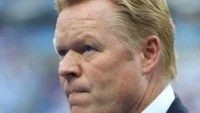
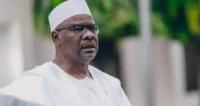
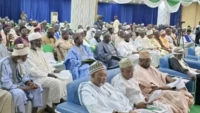
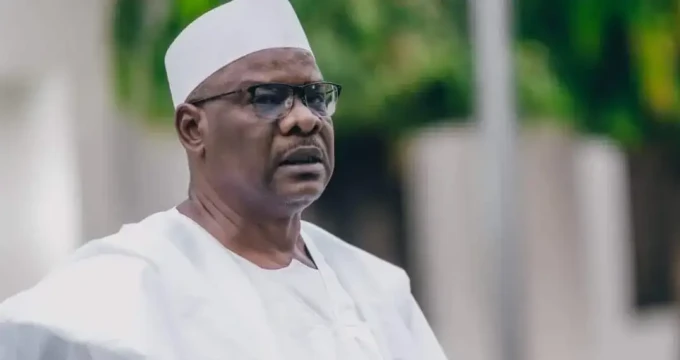
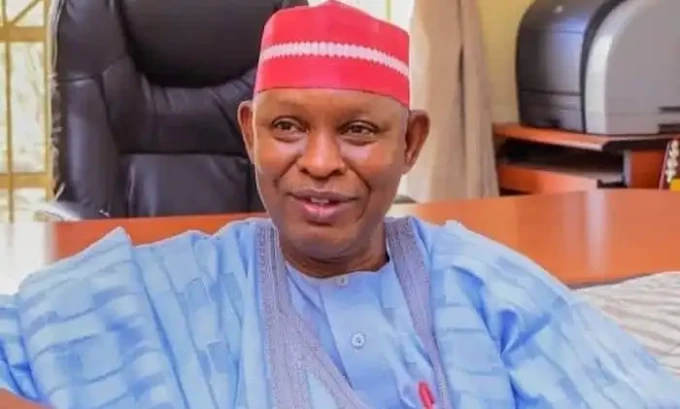
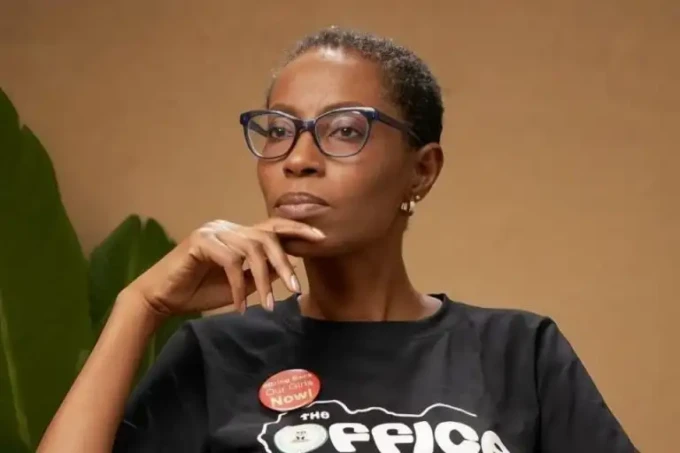
Leave a comment